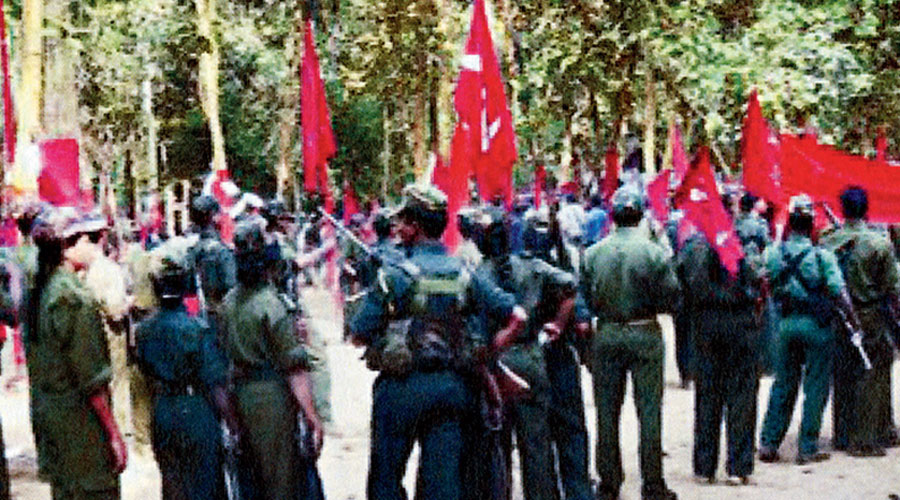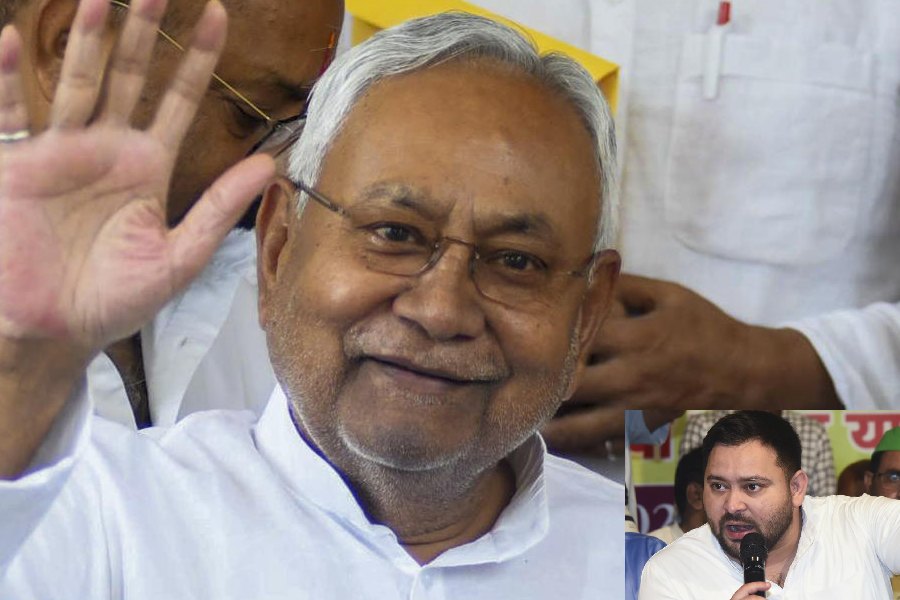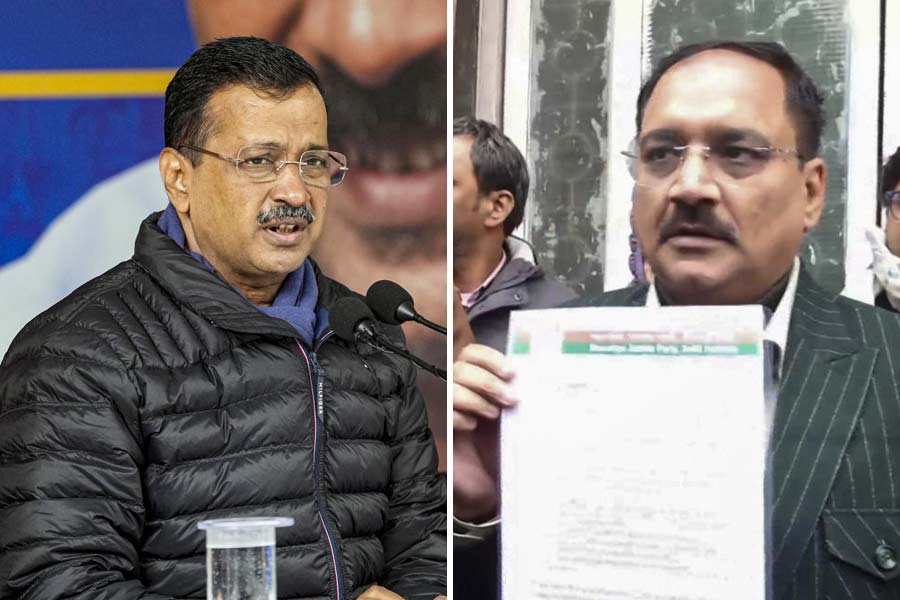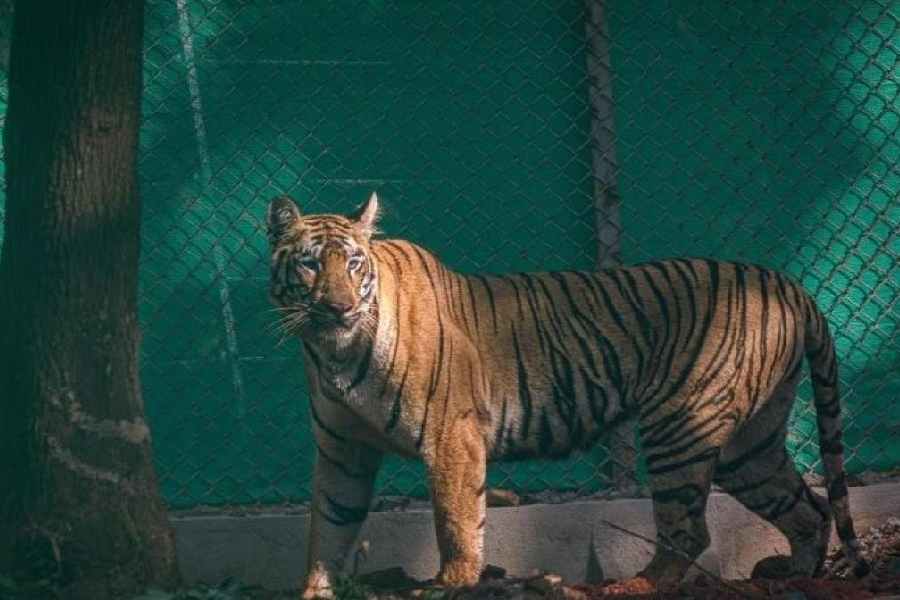A purported media release of the banned CPI (Maoist) on March 12 has termed a march by victims of the conflict between the party and the security forces a “government conspiracy”.
However, a journalist who is organising the march saw a glimmer of hope for the talks process in the note that specifically calls for the release of Markam Gopanna, a leader of the CPI (Maoist)’s Peoples Liberation Guerrilla Army who has been behind bars since 2007.
The peace march from Dantewada to Raipur in Chhattisgarh by Bastar-based NGO New Peace Process (NPP) was flagged off by Congress leader Arvind Netam on March 12 — the 91st anniversary of the beginning of the Dandi Salt March. It has reached Puri in Kanker district, and is expected to arrive at Raipur on March 23, where a public meeting of victims is planned the following day. The Congress is in power in Chhattisgarh.
The release signed by Vikalp, a nom de guerre of the spokesperson of the Maoists’ Dandakaranya special zonal committee, says: “Personally, some people in civil society may have good intentions and we welcome them, but they must be careful of people like Shubhranshu, as a ‘human mask’ of corporate plunder and government repression, under the guise of peace, are covering up corporate loot, the brutality and war by governmental armed forces, and human rights violations in the conflict areas. Shubhranshu’s peace process is a hoax and it’s a part of a government conspiracy.”
Shubhranshu Choudhary heads the Bastar-based Bluetooth community radio CGNet Swara, as well as the NPP. Maoists have shunned the former BBC journalist after his 2013 book Lets Call Him Vasu quoted Maoists who claimed that Chhattisgarh-based health activist Binayak Sen, out on bail since 2011, was a courier for the party.
The Dandakaranya zone covers a large swathe of forests spread over Odisha, Andhra Pradesh, Telangana, Chhattisgarh, Madhya Pradesh and Maharashtra, parts of which are under the parallel administration of the CPI (Maoist).
The party said: “If civil society is honest about peace, they should demand that central and state governments should immediately stop the counter-revolutionary suppression.”
A litany of woes against multiple projects across India that would require displacement of populations, the farm laws, labour laws and the release of jailed Maoists are part of the suggested causes that civil society should take up. These include “the foisting of new cases despite repeated acquittals of our comrade Markam Gopanna, who has been stripped of his rights under the Constitution, and the laws made by government…”
Choudhary, the journalist, pointed out that the Maoist statement specifically calls for the release of Gopanna.
“He is in Jagdalpur jail (in Bastar) and under the rhetoric this is an indication that the Maoists are putting forward a condition for talks. This is a good sign and I am happy that they respect the overwhelming majority of local respondents in our survey last year who are in favour of talks. Talks were in the manifesto of the ruling Congress and I hope their government will be creative enough to use this opportunity, as their leader Rajiv Gandhi had done with the Assam Accord,” he told The Telegraph.
The Chhattisgarh government has distanced itself from Choudhary’s efforts, and has focused on its own police-led carrot-and-stick initiatives to directly attract Maoists for talks, while also encouraging the surrender of their cadres and increasing trust in the State among the local population.
Choudhary added that the fear of the Maoists, who had issued public threats to him and four other journalists last month, has kept most tribals away from the march although they have been generous in offering food to the marchers.










